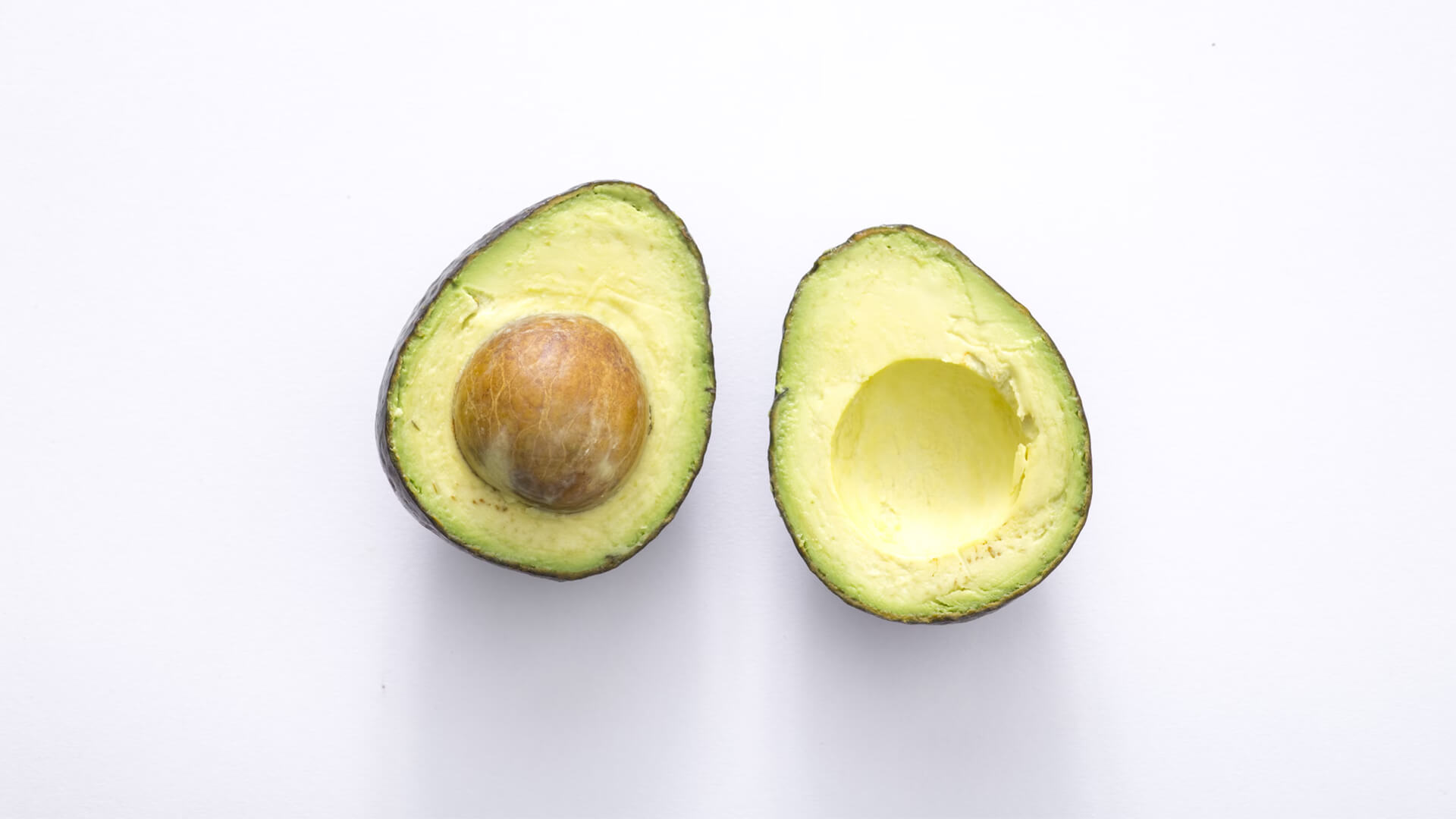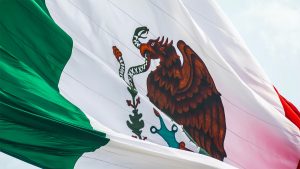*This video was recorded during my backpacking trip through Yosemite in the end of July.
Unless you want to start buying your guacamole in dime bags, the US better start looking for some new avocado “dealers”. Yes, we’re talking about the cartels’ involvement in the avocado supply chains in Mexico.
Mexican cartels like Jalisco New Generation and La Nueva Familia Michoacán (which is allied with the Sinaloa cartel), are heavily involved in avocado production through protection rackets. While these cartels have different strategies, the bottom line is that any cartel involvement is dangerous to the sustainability of avocado exports.
As the cartels’ presence worsens, the US better start looking elsewhere for their avocados.
Here at Zeihan On Geopolitics we select a single charity to sponsor. We have two criteria:
First, we look across the world and use our skill sets to identify where the needs are most acute. Second, we look for an institution with preexisting networks for both materials gathering and aid distribution. That way we know every cent of our donation is not simply going directly to where help is needed most, but our donations serve as a force multiplier for a system already in existence. Then we give what we can.
Today, our chosen charity is a group called Medshare, which provides emergency medical services to communities in need, with a very heavy emphasis on locations facing acute crises. Medshare operates right in the thick of it. Until future notice, every cent we earn from every book we sell in every format through every retailer is going to Medshare’s Ukraine fund.
And then there’s you.
Our newsletters and videologues are not only free, they will always be free. We also will never share your contact information with anyone. All we ask is that if you find one of our releases in any way useful, that you make a donation to Medshare. Over one third of Ukraine’s pre-war population has either been forced from their homes, kidnapped and shipped to Russia, or is trying to survive in occupied lands. This is our way to help who we can. Please, join us.
Transcript
Hey, everybody. Welcome to my favorite new party pad on Middleburg Lake in Yosemite National Park, right alongside the Pacific Coast Trail. For the people who actually have to follow the trail. Anyhow, I figured it would be a great time to talk about the geopolitics of everyone’s favorite party. Favorite guacamole? We’re having a problem with avocados. It seems that the Mexican cartels are starting to run protection rackets.
It’s worse than it sounds. There are two groups doing most of the work and inhibiting production. The first, one of the new generation cartels, if you remember from previous works, are, well, there’s some bad characters. Their leader is a guy by the name of El Chapo who basically believes that the first thing any self-respecting cartel should do is go into town, walk right into the police office in broad daylight, and kill a few people.
As a result, this violence-first approach doesn’t make it very easy for someone to ally with them, but it does make everybody pretty scared of them. And the growers of avocados have had to form self-protection forces in an attempt to fend them off.
The second group is—let’s see if I get this name right—Lander Weaver Familia Michoacán. The new Michoacán family. Michoacán is the state where most of the avocados in Mexico come from.
Anyway, they are a relatively new arrival, but they are definitely allied with the Sinaloa cartel. Who are the primary competitors? To help this new generation nationally, the deciding factor about the Sinaloa alliance is significantly different. It’s not that they’re any less violent; they just use violence as a means to an end rather than as an end in itself. As a result, they have a real fondness for going out and diversifying their operations, basically trying to get into anything that allows them to launder money and agriculture, especially things that are shipped in raw form to the United States, like avocados.
Fits the bill. So you’ve basically got a group that’s hyper-violent and just looking for cash versus a group that is a little bit more selective with their violence. They’re the nicest mass murderers and drug runners you could ever meet. But they prefer a more corporate approach that is more, what’s the word I’m looking for?
Corrosive to the economy. And these are the two choices that the locals have to deal with. Ergo, the self-protection forces. Anyway, you should not expect this to get better anytime soon. In fact, you should expect it to get worse. You can make the argument that a few years ago, Americans had the opportunity to quit cocaine and destroy the cartels.
But now that they’ve diversified into really any sort of illegal operations, especially if it’s cash-heavy, it’s probably too late for that. I mean, don’t get me wrong; you should still not take cocaine. That’s at least half of their revenues. But we’re now in a situation where something like 10% to 15% of the tequila in Mexico is paying protection money to one of the cartels.
The biggest thing I can underline here is that while I’ve mentioned the two big alliances—remember La Familia—there are a lot of local cartels now that are part of these broad umbrellas. And because of that, we now have local groups doing shakedowns of everyone and everything for everything. And because of that, it is probably time to start looking to North Carolina for your avocados, which definitely means you’re not going to be getting them all year round.
They don’t travel well. I don’t have any here.








